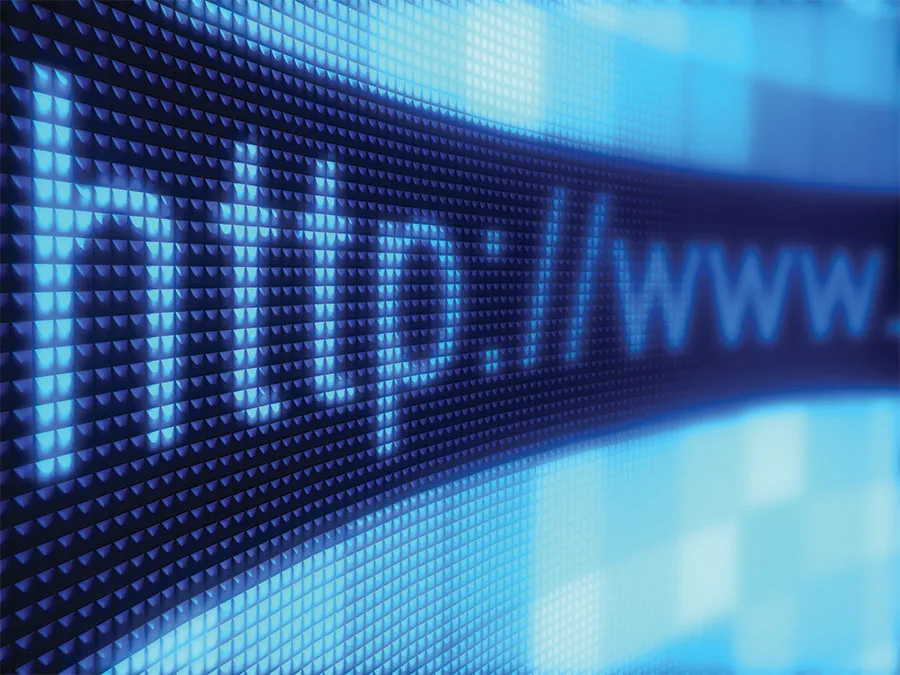Nigeria’s internet use is growing slowly, with penetration reaching 48.15% in April 2025, a small rise from 47.73% in March. This means nearly half of the population now has access to the internet, according to the Nigerian Communications Commission (NCC).
The increase is mainly due to continued efforts by telecom providers to expand network coverage, along with the growing use of mobile phones, social media, online learning, and digital services across the country. More Nigerians are getting online to chat, learn, work, buy, sell, and stay entertained.
However, while more people are connected, they are using less data. The total amount of data used in April dropped to 983,283 terabytes, lower than in March and far below January’s peak of one million terabytes. This drop is due to rising data prices and economic hardship, forcing many to reduce their internet usage.
Experts are concerned because Nigeria is far behind its goal of reaching 70% broadband penetration by the end of 2025 — a target set in the National Broadband Plan. With just over half the year remaining, stakeholders say the country is not on track to meet it.
Several problems are slowing progress. One major issue is the high cost telecom companies face when trying to install internet infrastructure, especially in states that haven’t waived expensive right-of-way fees. These costs often get passed on to consumers.
Meanwhile, competition among service providers remains fierce. Over 6,700 Nigerians switched networks in April, more than double the number in March. MTN Nigeria gained the most new users, followed by Airtel and Globacom. 9mobile barely made any gains.
Despite the challenges, Nigerians are using the internet mainly for social media (like WhatsApp, Instagram, Facebook, and TikTok), online video streaming (YouTube, Netflix), digital banking, e-commerce (buying and selling online), and educational content. Many also rely on the internet for remote work and accessing government services.
But with internet access still under 50% and data costs rising, experts warn that Nigeria’s digital growth could slow down unless the government and industry players take action to make data more affordable and improve infrastructure.




